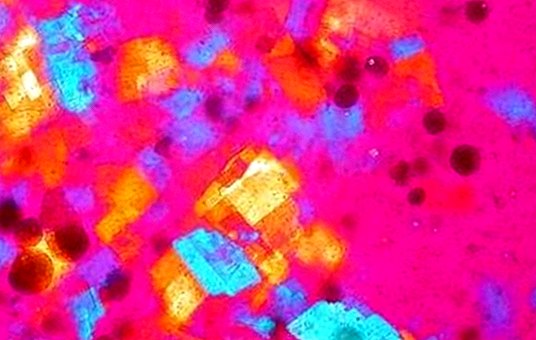Cholesterol MGmin-LDL
As many nutritionists, doctors and health professionals say, having the high cholesterol can pose a health risk, especially in the long term, especially if we take into account that it produces no symptoms and that it tends to accumulate in our arteries without causing problems or related pathologies until it is finally a bit late.
However, we should not understand cholesterol as an enemy of our health, as in fact it is usual that many people tend to think. Nothing is further from reality, given that it is necessary to take into account what are the Cholesterol functions to realize its importance, especially for the proper functioning of our body.

When we perform a blood test, it is usual to observe three basic parameters in the cholesterol analysis:
- LDL cholesterol: popularly known as "bad cholesterol", it is a lipoprotein formed by lipids (fats) and proteins, whose main function is to transport liquids, so that the function of LDL cholesterol is to transport cholesterol from the liver to the different organs and tissues. It is associated with an increased risk of cardiovascular disease, since it adheres to the walls of blood vessels, so that narrows and multiplies the risk of stroke or heart attack.
- HDL cholesterol: known as "good cholesterol", is a high density lipoprotein very useful when it comes to eliminating cholesterol from the blood, as it prevents the accumulation of fat and therefore the formation of plaque.
- Total cholesterol: it is the measurement of the two types of cholesterol in the blood. That is, it refers to the combined value of cholesterols in the blood.
Nonetheless, it does little time actually find a new form of cholesterol, known to medical specialists under the name of MGmin-LDL, and that would be considered as a new cholesterol even worse than LDL cholesterol.
Apparently it would be a type of very sticky cholesterol, whose ability to adhere to the walls of the arteries and form fatty plaques would be even greater than the capacity of bad cholesterol or LDL.
This could lead to the risk of strokes or heart attacks, and according to experts, this new type of cholesterol could be an explanation for the increased risk of coronary heart disease in people with diabetes.
At the moment you would know very little about the real effects of this type of "ultra bad" cholesterol, as well as the medical treatment to follow to reduce it. In any case, it is foreseeable that the recommended nutritional advice and habits are practically the same as those indicated and prescribed for LDL cholesterol.
Image | euthman This article is published for informational purposes only. You can not and should not replace the consultation with a Nutritionist. We advise you to consult your trusted Nutritionist. ThemesCholesterol



